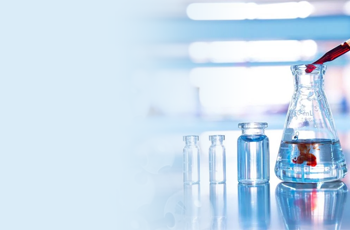Laboratory instruments and glassware are the backbone of scientific research and experimentation. This blog post aims to shed light on the essential tools used in laboratories and their significance in various scientific fields. From basic glassware to advanced instruments, we will explore their functions, construction, and their contributions to advancing scientific knowledge.
- The Foundations: Basic Laboratory Glassware:
- Introduction to common laboratory glassware, such as beakers, test tubes, and flasks.
- Explanation of their shapes, sizes, and uses in different experiments.
- Safety precautions and handling guidelines for laboratory glassware.
- Precision Tools: Advanced Laboratory Instruments:
- Overview of sophisticated laboratory instruments, including spectrophotometers, microscopes, and centrifuges.
- Understanding their principles of operation and how they enable precise measurements and observations.
- Examples of experiments and research fields that heavily rely on these instruments.
- Quality Control and Calibration:
- Importance of proper calibration and maintenance of laboratory instruments.
- Techniques and standards used for calibration and quality control.
- Ensuring accuracy and reliability in scientific measurements.
- Cutting-Edge Innovations in Instrumentation:
- Exploration of the latest advancements in laboratory instrumentation.
- Introduction to emerging technologies such as mass spectrometry, gene sequencers, and atomic force microscopy.
- Implications of these innovations for scientific research and discoveries.
- Interdisciplinary Applications of Lab Instruments and Glassware:
- Examination of how laboratory instruments and glassware are utilized across various scientific disciplines.
- Examples of interdisciplinary research involving chemistry, biology, physics, and more.
- Collaborative efforts and the integration of different instruments to address complex scientific questions.
- Troubleshooting and Maintenance:
- Common issues encountered with laboratory instruments and glassware.
- Troubleshooting tips and techniques to address these problems.
- Best practices for instrument maintenance and prolonging their lifespan.
Conclusion: Laboratory instruments and glassware are indispensable tools that enable scientists to conduct experiments, make observations, and analyze data accurately. By understanding the functions and principles behind these tools, researchers can unlock new avenues of scientific exploration. Stay tuned for future blog posts where we will continue to delve into the fascinating world of scientific equipment and its impact on various fields of study.




